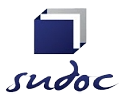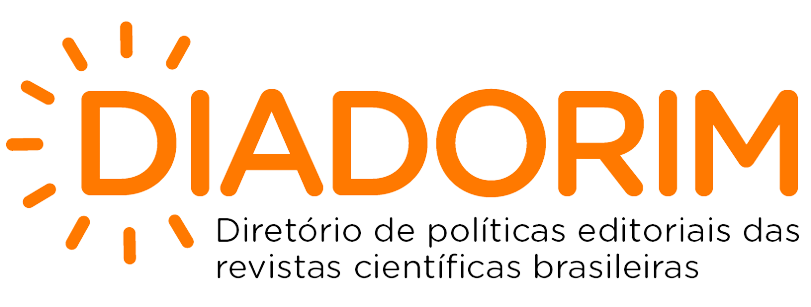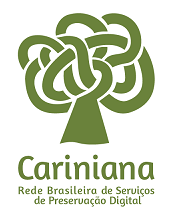Does Baetatá really exist?
DOI:
https://doi.org/10.5433/boitata.2006v1.e30666Keywords:
Oral narratives, Paraná, Boitatá, BaetatáAbstract
For resarching the Linguistic Atlas of Paraná we used the direct method for collecting data, that is, interviews made in loco with rural informants, exposed to very little formal education or with no education at all, both males and females, in the age range from 30 to 60 years-old. A questionnaire with 325 questions was applied to them. The last six questions covered narratives, legends and popular beliefs, and among these questions we chose number 319, the one about the myth boitatá or baetatá, our object of analysis in this study. The question was made like this: "Do you know any stories concerning the boitatá?" If the answer was affirmative, other questions were asked to verify any other story personally experienced, or told to the informant, such as: "Have you or anyone in your family ever seen the boitatá?", "how did it happen?", "how was it?", or "who is the boitatá?" Based on the theoretical principles of Dialectology and Geolinguistics, we discuss the existence and the diatopic distribution of the myth among the rural inhabitants in the state of Paraná, as well as its characterization in the popular imaginary.
Downloads
References
AMARAL, Amadeu. Tradições Populares. 2. ed. São Paulo: HUCITEC, 1976.
ARAÚJO, Alceu Maynard. Folclore Nacional. Vol. I. São Paulo: Edições Melhoramentos, 1960.
BARBOSA Lessa (seleção e introdução). Antologia ilustrada do folclore brasileiro: estórias e lendas do Rio Grande do Sul. São Paulo. Gráfica e Editora EDIGRAF Ltda., 1963.
BENJAMIN, Walter. O narrador. Considerações sobre a obra de Nicolai Leskov. In: BENJAMIN, Walter. Obras escolhidas, magia e técnica, arte e política - ensaios sobre literatura e história da cultura. Tradução de Paulo Rouanet. São Paulo: Brasiliense, v. 1, 2. ed.,1986.
BOITEUX, Lucas A. Achegas à poranduba catarinense. Disponível em www. jangadabrasil.com.br. Acesso em: 17 ago. 2001.
BOLEO, Manuel de Paiva. Relações da lingüística com a etnografia e o folclore. Revista Portuguesa de Filologia. v. XIX. Coimbra, 1991.
CASCUDO, Luís da Câmara. Dicionário do Folclore Brasileiro. 3 ed. Brasília: Instituto Nacional do Livro, 1972. COLOMBRES, Adolfo. La vivora de fuego: mboi-tata. Disponível em www.temakel.com/mitlusmboitara.htm. Acesso em: 17 ago. 2001.
CORRÊA, Romanguera; CORUJA, Antônio Álvares Pereira; MORAES, Luiz Carlos de; CALLAGE, Roque. Vocabulário Sul-Rio-Grandense. Porto Alegre: Globo, 1964.
CUNHA, Antonio Geraldo da. Dicionário Etimológico Nova Fronteira da Língua Portuguesa. 2 ed. Rio de Janeiro: Editora Nova Fronteira, 1994.
ENCINA. Boitatá (Mboi-tatá, baitatá, bitatá, biatatá, batatão, João Galafuz...). Disponível em: encina.pntic.mec.es/~agonza59/indigenas.htm. Acesso em: 17 ago. 2001.
FERREIRA, Aurélio Buarque de Holanda. Novo Dicionário da Língua Portuguesa. Rio de Janeiro: Editora Nova Fronteira, 1975.
LOPES NETO, Simões. Textos literários em meio eletrônico. Disponível em www.cce.ufsc.br/~nupill/literatura/lendas do sul. Acesso em: 17 ago. 2001.
SANTOS FILHO, Benedito Nicolau. Mitos e heróis do folclore paranaense. Curitiba: Herege, 1979.
WALDECK, Guaeira. Lendas populares: a riqueza do imaginário brasileiro. Coordenação de Folclore-FUNARTE, Disponível em www.amazonlink.com.br//lendas. Acesso em: 17 ago. 2001.
Downloads
Published
How to Cite
Issue
Section
License
Copyright (c) 2006 Boitatá

This work is licensed under a Creative Commons Attribution 4.0 International License.
Boitatá esta licenciada com CC BY sob essa licença é possível: Compartilhar - copiar e redistribuir o material em qualquer suporte ou formato. Adaptar - remixar, transformar, e criar a partir do material, atribuindo o devido crédito e prover um link para a licença e indicar se mudanças foram feitas.





















